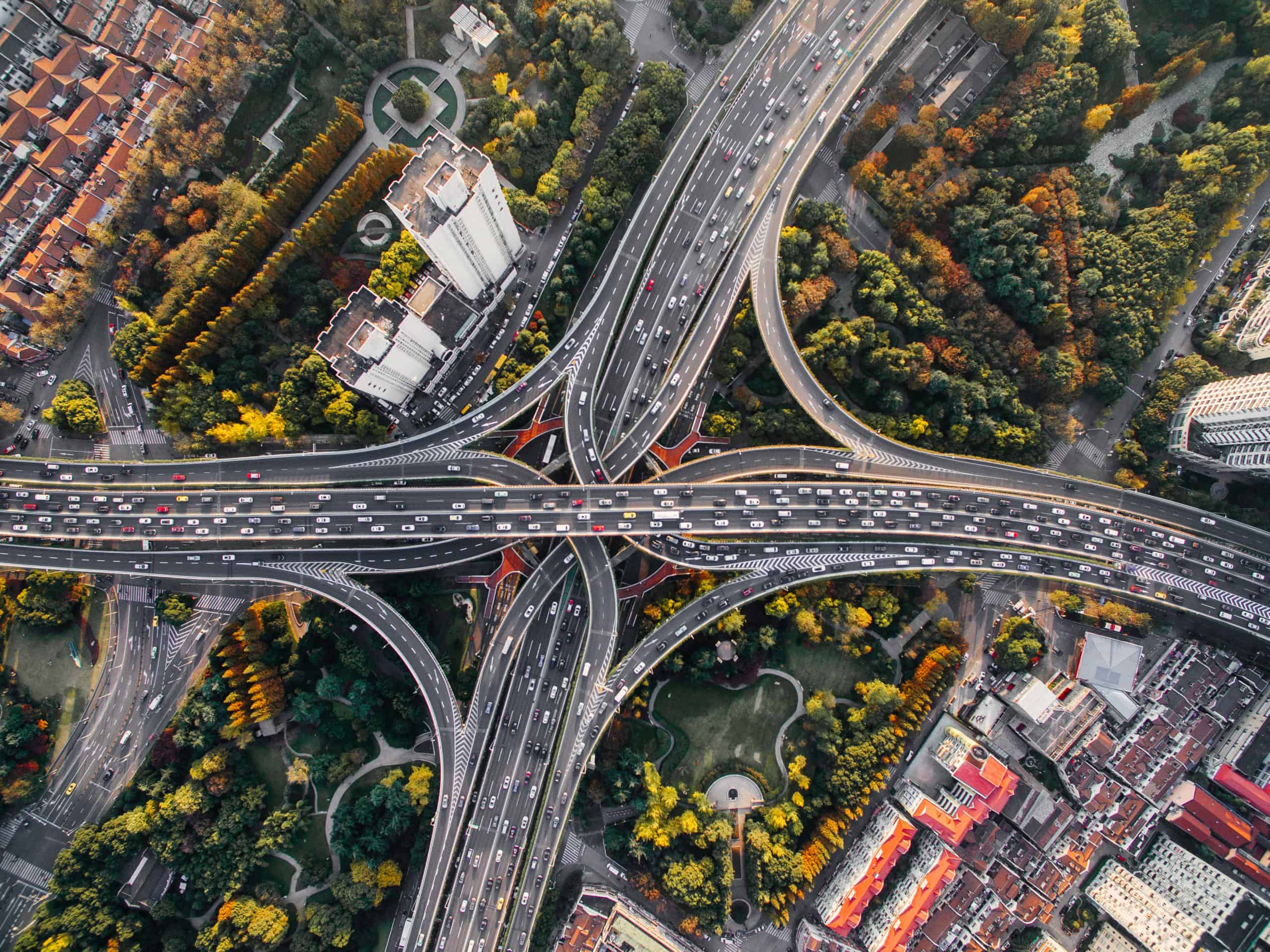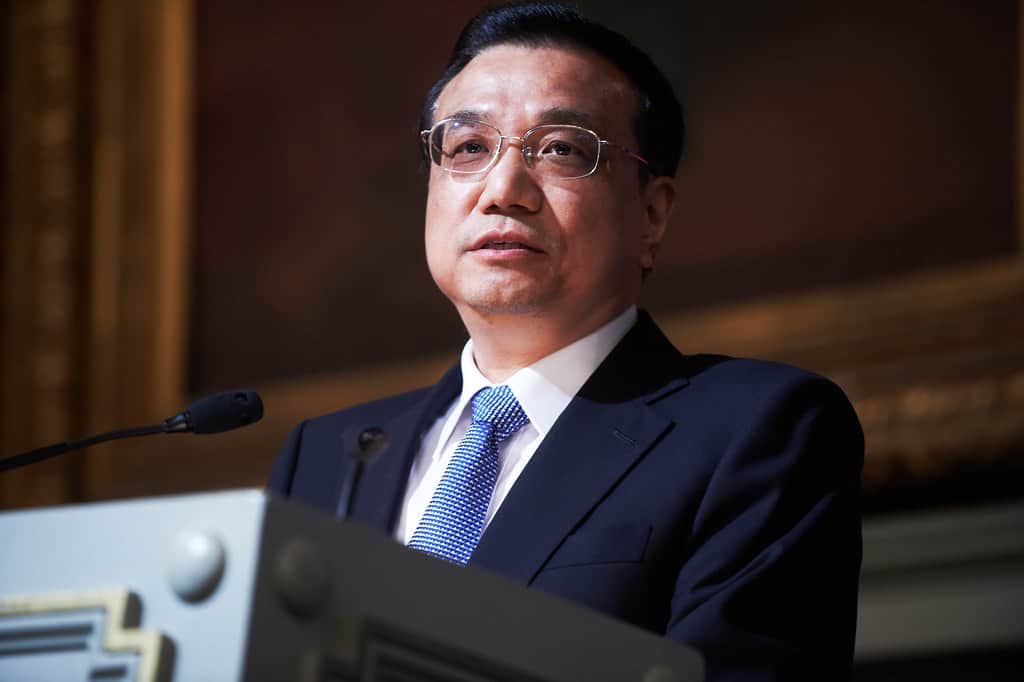Beijing ambitions to accelerate the creation of “new infrastructure” has emerged as a focal point for Tencent’s Pony Ma at the 2020 Two Sessions meeting of China’s top legislative authorities.
Pony Ma (马化腾), founder and CEO of tech giant Tencent and delegate to the National People’s Congress (NPC) has reportedly submitted a total of seven bills at the Two Sessions, three of which make mention of “new infrastructure” development.
On 17 April the Chinese Politburo called for “strengthening investment in new infrastructure,” which the National Development and Reform Commission (NDRC) subsequently defined as encompassing a slew of technologies including the blockchain, the Internet of Things, cloud computing, artificial intelligence and 5G.
A research report from Guotai Jun’an Securities points out a total of 13 Chinese provinces have already announced their new infrastructure spending plans, which will collectively reach 25.6 trillion yuan (approx. USD$3.59 trillion).
Some analysts have taken to referring to China’s new infrastructure ambition a “New Four Trillion” plan intended to shore-up market confidence in the wake of the COVID-19 pandemic, with an especial focus on growth in smart cities and smart finance.
The China Centre for Information Industry Development estimates that China will invest 10 trillion yuan (approx. USD$1.4 trillion) from now until 2025 on areas including AI, IoT, as well as ultra-high voltage lines and high-speed rail.
Morgan Stanley estimates that new infrastructure spending including power and rail lines will be $180 billion per annum for the next 11 years, to reach $1.98 trillion in total.
This annual spending figure is nearly double the average for the past three years, with companies expected to benefit including Alibaba, China Tower Corp., GDS Holdings and Quanta Computer Inc.
Che Ning (车宁), vice-secretary from the Beijing Municipal Internet Law Research Association (北京市网络法学研究会), said that smart cities will be the “breakthrough point” for smart finance.
“During the process of building smart cities, the focus should be on software development, the formation of scenarios that correspond to smart cities, driving digital sharing in government administration and other areas, and innovative systems.”
Yang Tao (杨涛), vice-chair of the National Institute for Finance & Development, said that when it came to finance “new infrastructure” would include monetary systems, payments and settlement systems, financial standardisation and key information infrastructure.
Related stories
China’s Investment in New Infrastructure Could Drive 1.5x Rise in Blockchain Spending
China Issues New Plan for Regulation of Key Financial Infrastructure




